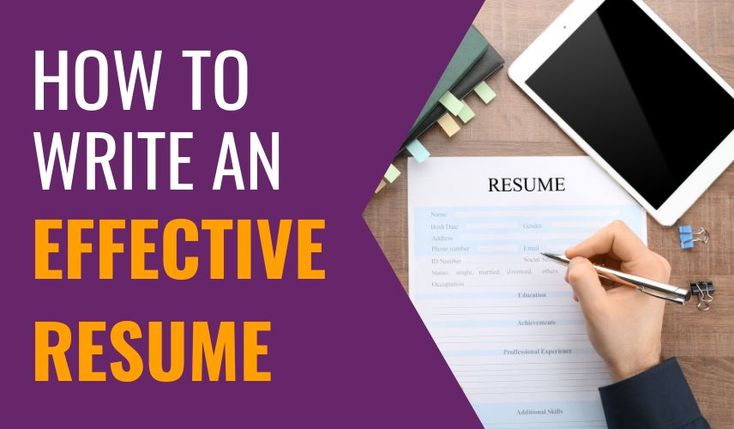How to Write an Effective Resume 2024, Your resume is often the first impression you make on potential employers, so it’s crucial to craft one that stands out and effectively showcases your skills, experiences, and qualifications. A well-written resume can open doors to job interviews and opportunities, while a poorly constructed one can quickly land your application in the rejection pile. In today’s competitive job market, it’s essential to put your best foot forward with a resume that highlights your strengths and makes a compelling case for why you’re the ideal candidate.
Start with a Clear and Concise Summary
Begin your resume with a concise yet impactful summary that quickly captures the essence of your professional background and key strengths. This section should be a brief paragraph or a series of bulleted statements that showcases your most relevant skills, experiences, and accomplishments. Think of it as your elevator pitch – a succinct introduction that entices the reader to delve deeper into your qualifications.
Tailor Your Resume to the Role
One of the most critical aspects of writing an effective resume is tailoring it to the specific job you’re applying for. Carefully review the job description and identify the key requirements, skills, and qualifications the employer is seeking. Then, strategically incorporate relevant keywords and phrases from the job posting throughout your resume, especially in your summary and work experience sections. This ensures that your resume aligns with the employer’s needs and increases the likelihood of your application being selected for further consideration.
Highlight Your Relevant Work Experience
The work experience section is often the most crucial part of your resume, as it showcases your professional journey and accomplishments. Begin with your most recent or current position, and work backward chronologically. For each role, include your job title, the company name, the dates of employment, and a brief description of your key responsibilities and achievements. Quantify your accomplishments whenever possible, using metrics, percentages, or numbers to demonstrate the impact of your work.
Emphasize Transferable Skills
In addition to your work experience, your resume should highlight transferable skills that are relevant to the job you’re applying for. These skills can include communication, problem-solving, leadership, teamwork, project management, and technical proficiencies. Use specific examples or accomplishments to illustrate how you’ve successfully applied these skills in previous roles or situations.
Customize Your Education and Training
The education section of your resume should be tailored to the job you’re seeking. If you’re a recent graduate or early in your career, list your degrees, majors, minors, relevant coursework, and academic honors or achievements. For more experienced professionals, this section can be condensed to include only the most relevant and impressive educational credentials.
Include Additional Relevant Sections
Depending on your background and the job you’re applying for, you may want to include additional sections on your resume to showcase your unique qualifications. These could include certifications, licenses, publications, awards, volunteer experiences, or extracurricular activities that demonstrate your skills, interests, and commitment to personal and professional development.
Focus on Readability and Visual Appeal
The layout and design of your resume can have a significant impact on its effectiveness. Use clear headings, consistent formatting, and a clean, easy-to-read font. Break up dense blocks of text with bullet points or short paragraphs, and strategically use white space to create a visually appealing and organized document. Consider adding a subtle touch of color or design elements to make your resume stand out, but avoid anything too busy or distracting.
Proofread and Edit Thoroughly
Before submitting your resume, thoroughly proofread and edit it for any spelling, grammatical, or formatting errors. Even a single mistake can undermine your credibility and professionalism. Consider having a trusted friend, family member, or career counselor review your resume for feedback and suggestions.
Writing an effective resume is an art that requires careful planning, attention to detail, and a deep understanding of the job you’re applying for. By following these tips and tailoring your resume to the specific role and employer, you’ll increase your chances of capturing the attention of hiring managers and securing your dream job.
Remember, your resume is a living document that should be regularly updated and refined as you gain new experiences and skills. Treat it as a reflection of your professional brand and a marketing tool that showcases your unique value proposition to potential employers.








